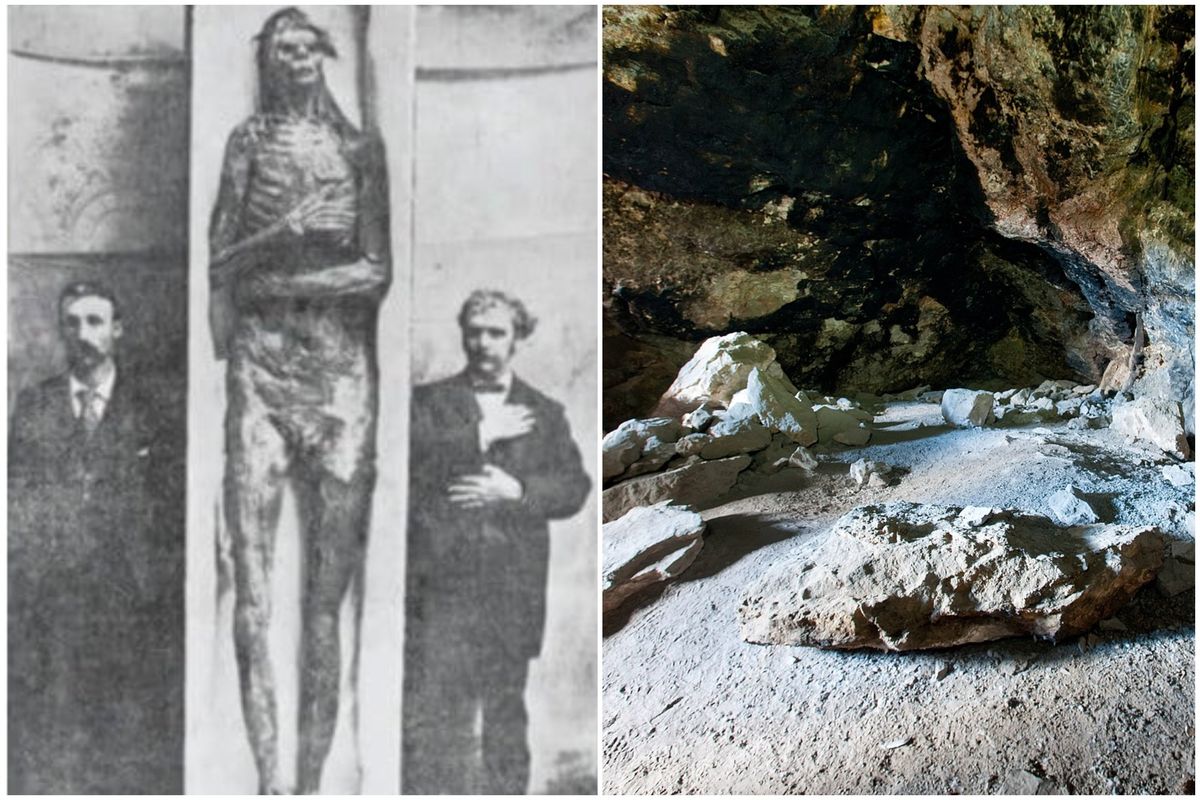An artificial sweetener has been listed as posing a possible cancer risk, according to reports.
Thousands of products, including diet fizzy drinks and ice cream are said to contain aspartame, as the World Health Organisation's (WHO) International Agency for Research on Cancer (IARC) says it is "possibly carcinogenic to humans."
This essentially means that there is some evidence that links the sweetener to cancer but is limited.
The IARC has previously placed working overnight and consuming red meat into its probably cancer-causing class and listed using mobile phones as possibly cancer-causing.
The IARC safety review was conducted to assess whether or not aspartame is a potential hazard, based on all the published evidence, but does not take into account how much of a product a person can safely consume, according to reports.
In a statement, the IARC said: "The IARC has assessed the potential carcinogenic effect of aspartame (hazard identification).
"Following this, the joint FAO/WHO Expert Committee on Food Additives (Jecfa) will update its risk assessment exercise on aspartame, including the reviewing of the acceptable daily intake and dietary exposure assessment for aspartame."
Sign up for our free Indy100 weekly newsletter
Aspartame has been widely used since the 1980s as a table-top sweetener and in products such as diet fizzy drinks, chewing gum, breakfast cereals and cough drops.
Jecfa has stated that aspartame is safe to consume within accepted daily limits since 1981.
So, what contains aspartame?
- Diet fizzy drinks
- Artificial sweeteners
- Many sugar-free chewing gums
- Many sugar-free ice creams
ISA secretary general Frances Hunt-Wood said: "IARC is not a food safety body. The World Health Organisation’s Joint FAO/WHO Expert Committee on Food Additives (Jecfa) is currently conducting a comprehensive food safety review of aspartame, and no conclusions can be drawn until both reports are published.
"Aspartame is one of the most thoroughly researched ingredients in history, with over 90 food safety agencies across the globe declaring it is safe, including the European Food Safety Authority, which conducted the most comprehensive safety evaluation of aspartame to date."
Responding to the report, Kate Loatman, executive director of the International Council of Beverages Associations, said: "While it appears the IARC is now prepared to concede that aspartame presents no more of a hazard to consumers than using aloe vera, public health authorities should be deeply concerned that this leaked opinion contradicts decades of high-quality scientific evidence and could needlessly mislead consumers into consuming more sugar rather than choosing safe no- and low-sugar options – all on the basis of low-quality studies.
"Even the IARC agrees it is not the appropriate authority to undertake risk assessment based on actual consumption and that it ‘does not make health recommendations’.
"We remain confident in the safety of aspartame given the overwhelming weight of scientific evidence and positive safety determinations by food safety authorities in more than 90 countries around the world.
"We, therefore, welcome the broader, more comprehensive food safety review underway by the WHO and the UN Food and Agriculture Organisation Joint Expert Committee on Food Additives."
Have your say in our news democracy. Click the upvote icon at the top of the page to help raise this article through the indy100 rankings.














